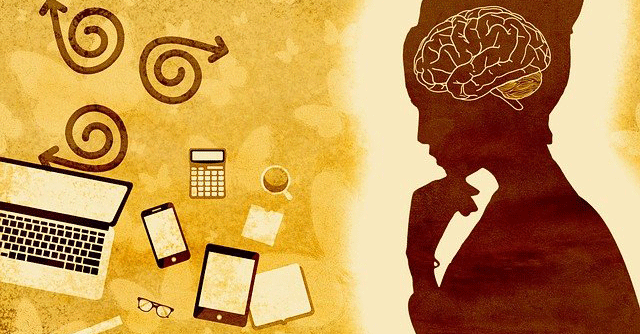
Researchers using Google’s app to study how phones affect mental health


Google has collaborated with the University of Oregon for a study on digital wellbeing that delves into how phones affect mental health. In a recent post on the company blog, Dr. Nicholas Allen, the director of the Center for Digital Mental Health at the University of Oregon and a lead researcher for the study, said that this research will help uncover insights that help us all build a future where digital products may support us in living healthier and happier lives.
Allen said in the post that they are using “passive and continuous sensing technology, rather than relying only on self-reports like most other researches done previously”. The study also uses participants’ phones to directly measure many of the well-established building blocks of wellbeing, such as sleep and physical activity.
However, users will have to give “informed consent” to participate and that the data “will be managed according to strict ethical standards and will only be used for research and to inform better products.” It explicitly says that the data “will never be sold or used for advertising.”

The Health Studies app was introduced in December 2020 with a study into respiratory illnesses. People can use the app to sign up as participants in studies, where it’ll collect their data and aggregate it so researchers can see trends for demographics but not an individual’s personal info.
Those interested to contribute to the digital well-being study can download the app from the Play Store and sign up to participate in the study when it launches on Friday, May 27. The study will track user’s phone usage and health patterns for four weeks, the post said.
Apple is also reportedly working on ways to help detect and diagnose conditions such as depression, anxiety and cognitive decline using Apple Watch and iPhone. According to a September 2021 report published in The Wall Street Journal, researchers hope that analysis of data such as mobility, sleep patterns and how people type could spot behaviours associated with those conditions.

“Other measurements could include facial expression analysis and heart and respiration rates. All of the processing would take place on the device, with no data sent to Apple servers,” said the tech major, which collaborated with the University of California (UCLA), Los Angeles and announced the three-year study in August 2020.
These research studies can have tremendous global impact where people are increasingly looking to reduce mindless screen time to enhance their mental wellbeing and ‘quality of life’. It is even more pertinent in countries like India, which is expected to have a billion smartphone users by 2026 from the current 750 million users in 2021, according to the India edition of Deloitte’s 2022 Global TMT (Technology, Media and Entertainment, Telecom) report released in February this year.
Neel Ratan, retired digital government leader — PwC Global Network, said, “Digital health information of patients with their informed consent and due anonymisation, can be of huge benefit in India’s for healthcare research.”

He added that smartphones using Android and Apple platforms can tremendously aid in this process. However, these initiatives can become seamless only when tied with government's Ayushman Bharat Digital Mission.
